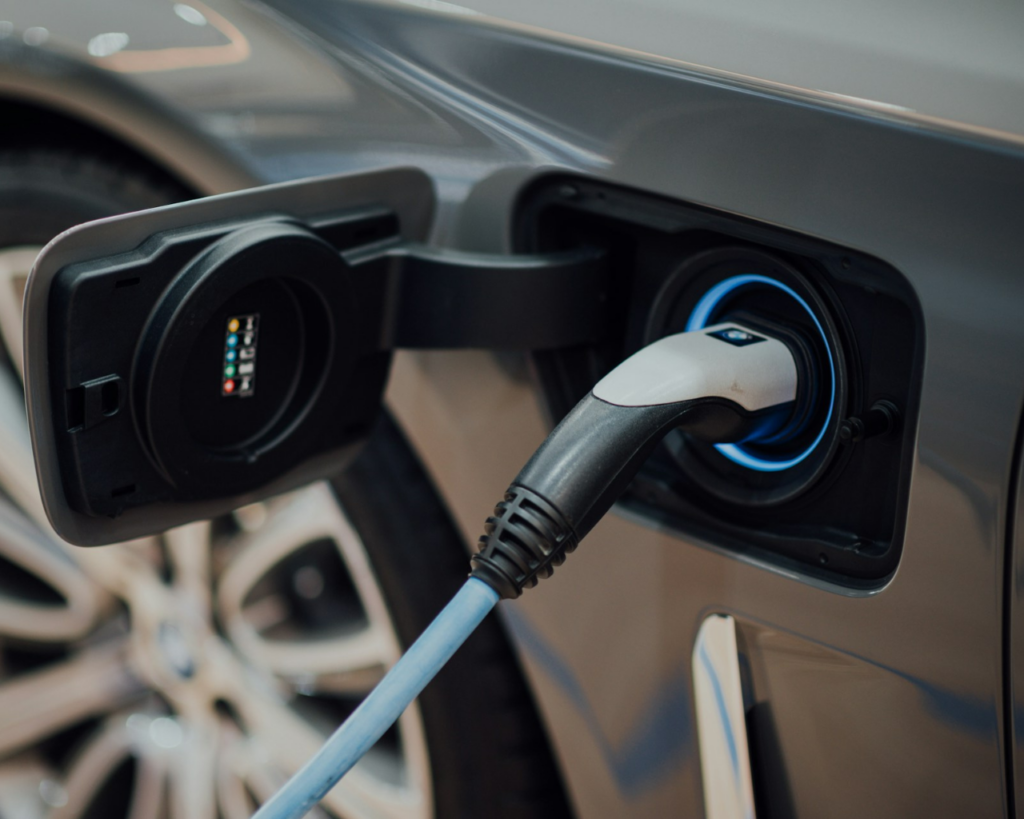Midway through 2024, electric vehicle adoption continues at a brisk pace. At the same time, several countries and US states have ambitious target dates for all new vehicle purchases to be EVs. The UK and multiple European countries have set 2030 as their switchover dates, while New York and California aim for 2035.
These dates have only increased the demand for skilled engineers who can lead the transformation. From software and batteries to systems integrators and testers, engineering jobs are in demand right now—and there’s little sign of this need fading. Here’s a look at the engineering jobs shaping the development of electric vehicles and how they’re impacting the talent market.
The Key Engineering Disciplines in Electric Vehicle Development
The EV industry is a complex ecosystem, requiring the expertise of various engineering disciplines to design, develop, and manufacture these cutting-edge vehicles. Let’s explore the core engineering roles that are in high demand:
Electrical Engineers
Electrical engineers are the backbone of EV development. They design the intricate electrical systems that power everything from the battery and motor to the charging infrastructure. Their work is critical because it ensures energy efficiency, safety, and performance in the EV space.
In-demand electrical engineers might develop EV power electronics, motor control, and battery management systems. Their contributions help maximize modern electric vehicles’ range, charging speed, and overall functionality. The US Bureau of Labor Statistics notes an impressive increase in demand for these roles—a growth rate of 5% between now and 2032.
Software Engineers
EV functionality relies on sophisticated electronics and computer subsystems. Software engineers develop these behind-the-scenes brains, creating programs for battery management systems, vehicle control systems, user interfaces, and autonomous driving features. Their work ensures all EV components communicate effectively and work together harmoniously.
The most in-demand software engineers possess 5G connectivity, AI, and advanced driver-assistance systems (ADAS) skills. As feature sets will likely distinguish one EV from another, the automotive industry looks to software engineers for new and innovative functionality. Analysts watching market trends note a need for more software engineers if the sector is to reach EV adoption goals.
Mechanical Engineers
Mechanical engineers shape the physical design and performance of EVs. They design an EV’s structure, chassis, suspension, brakes, and thermal management systems. They optimize aerodynamics, reduce weight, and ensure the vehicle’s safety and durability.
Mechanical engineers also play a crucial role in developing powertrain components like motors and transmissions, working to improve efficiency and performance. Hiring managers look for mechanical engineers who can collaborate closely with electrical and software teams to integrate components effectively.
Battery Engineers
Batteries are the heart of any EV, and they’ve come a long way quickly. Battery engineers develop new technology that improves energy density (the amount of energy a battery can store), charging speed, lifespan, and safety.
Market observers consider longer-range EVs and faster charging times essential to widespread adoption. This places an enormous responsibility on battery engineers to deliver new technological advancements. The best in this field are in exceptionally high demand as manufacturers race to meet customer expectations. The need for more battery engineers in the US has even influenced the Biden administration’s manufacturing investments.
Power Electronics Engineers
Power electronics engineers are experts in designing and optimizing electronic converters, inverters, and chargers. These systems help ensure efficient energy conversion and control within an EV’s electrical system. This is essential for maximizing the motor’s efficiency, managing the flow of electricity from the battery, and ensuring efficient charging.
Power electronics engineers also contribute to the development of charging infrastructure, making them especially valuable talent right now. The watchdog group Semiconductor Engineering acknowledges that the automotive industry is one of the primary growth sectors for power electronics experts.
Systems Engineers
As EVs become more complex, with numerous interconnected systems, systems engineers are in demand. They help deliver seamless integration between the various hardware and software components that make up an EV.
Systems engineers are responsible for the overall design, development, and validation of the EV’s central systems. High-end system engineering ensures an increasingly complex mix of components harmonize. Economic Times magazine listed the system engineer role as one of the “jobs that will rule the year” in 2024.
Test Engineers
Before any EV hits the road, it undergoes rigorous testing to meet stringent performance, safety, and reliability standards. Test engineers guide this process, designing and conducting comprehensive tests to evaluate the performance of multiple EV components and systems.
Test engineers use sophisticated equipment and data analysis techniques to identify potential issues and validate that an EV is ready for real-world conditions. Industry analysts estimate that testing is needed across all areas of EV development.
Follow the Latest EV Market Trends
Electric vehicles are clearly the future, but hiring managers in the automotive industry need the help of talented engineers to make it happen. These engineering jobs are hot right now; signs are they’ll continue to be well after EVs become the norm. To follow the latest trends in EV hiring and a wide range of other industries, follow MRINetwork.

Connect with MRINetwork